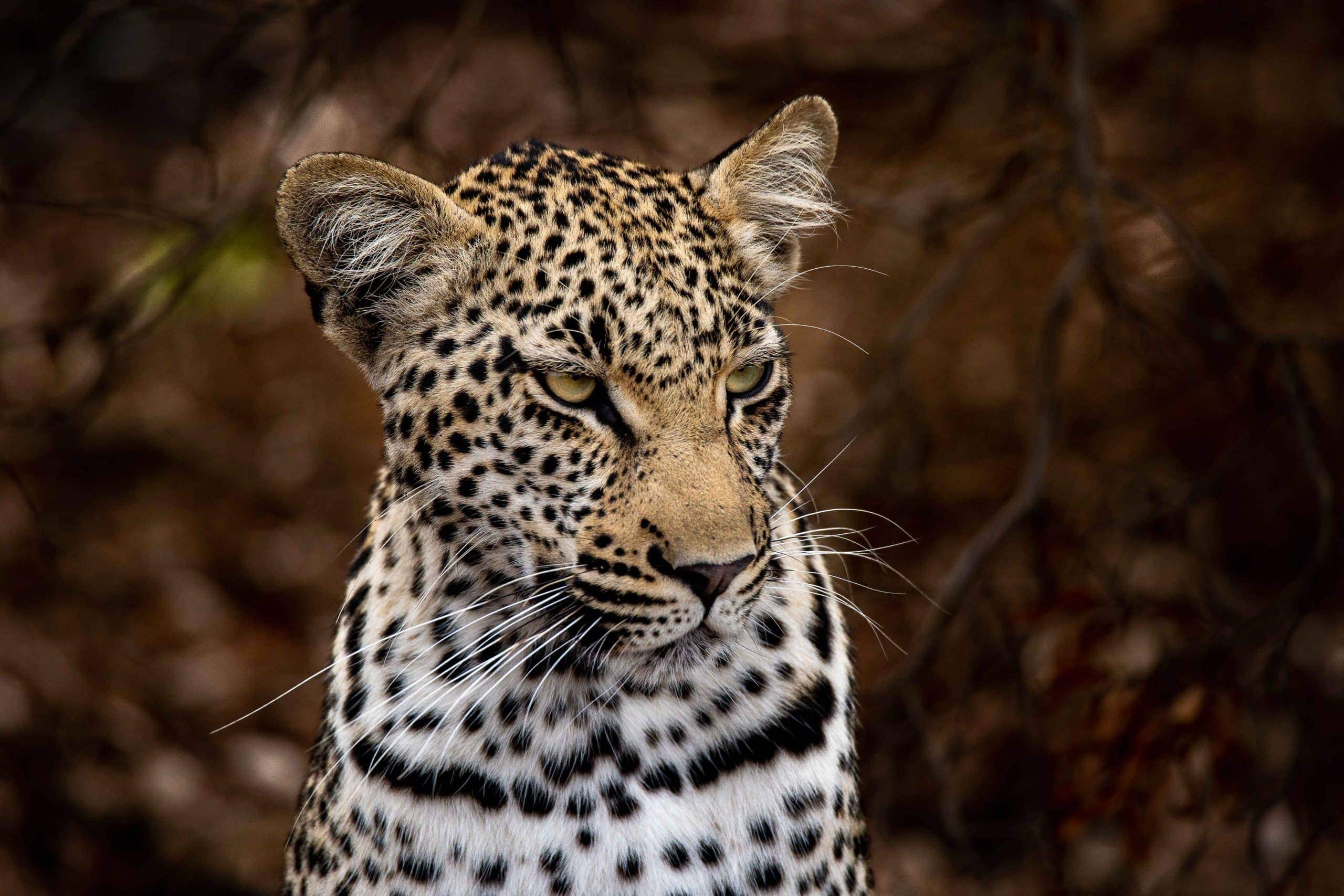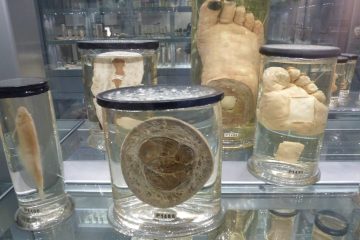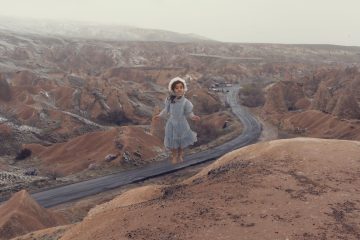

With the world emerging from lockdown, where the often rushed and blinkered life we had come to know temporarily came to a standstill, many are now taking stock of their relationship to the environment.
On the week commencing the 27th April, for instance – when the UK was in the firm grip of quarantine – the Royal Horticultural Society reported an estimated 50% rise in people viewing their website, all seeking tips and tricks for growing and gardening.
Green fingers are one thing, but for 25-year-old Devin Trull, wildlife photographer and tour guide at the 50,000-acre Phinda game reserve on South Africa’s east coast, appreciation of the natural world has always been a way of life.
For 25-year-old Devin Trull, appreciation of the natural world has always been a way of life
Born in Cape Town and raised on farms in the coastal capital’s outskirts, Devin was a self-confessed ‘water baby’ who gravitated towards the ocean as a kid. It was there, amidst the waves, that Devin developed his adoration of the environment – a love that chimed well with his interest in photography.
‘It’s hard to pin down a starting point of getting into conservation,’ he explains, ‘but after growing up in farms outside of Cape Town, I really wanted to study oceanography and ocean science. The trials didn’t really go that way though, and I ended up studying environmental management.’
Moving evolutionarily from water to land – from fishes to furry friends – Devin would use his photography as a way to document Earth’s treasures; to capture and show what’s worth protecting where jargon fails to do so.

‘Historically, scientists have been pretty bad at communicating their findings and the information they’re uncovering,’ Devin says, in his hushed South African accent.
‘So, for me, the goal for my photography was to be telling these science stories in a way that was beautiful and also communicated their answers. Scientists get tangled up with big words very quickly. Even though I was educated and used to reading science papers, I often found them confusing.’
Devin’s journey in becoming a ranger began after an old schoolfriend spent an anniversary with his girlfriend at a game reserve, and came back convinced Devin would suit the life of a ranger. It’s with a hint of irony that Phinda means ‘return to the wild’ in Zulu – a calling that Devin eventually succumbed to.
The goal for my photography was to tell these science stories in a way that was beautiful and also communicated the scientist’s answers
‘I was very hesitant at first,’ he emphasises. ‘I thought: “Yah, but if I go work in the bush then I’m not going to be by the sea so that’s not gonna work.”
‘It took a long time to convince myself that that was where I needed to go. But in the beginning of 2019, I went up to the Kruger National Park with another friend of mine and he told me about this course that [safari tour company] &Beyond does.’
The course would be intense – similar, Devin was warned, to ‘a military training setup’. Carried out in a two-part process, those whom the trainers don’t think have the nous to make it as a ranger are sent home after the first six weeks.

This is not without good reason. The ability to identify tracks, locate nesting grounds and search for a particular species is a skill that takes years to hone. As with the top brass of any trade, the higher-calibre rangers have ‘a wealth of knowledge you can’t just get at, you can’t buy, you can’t go to school and learn’.
In one instance during training, Devin recalls, a tracker with ten years’ experience led the way in tracking a pride of lions across what Devin says can only be described as ‘a moonscape; it was basically across rocks, pebbles and gravel’.
‘He was pointing out what he was using to follow them; he showed that if you’re standing on a rock-like edge, the rock moves a tiny bit backwards to reveal a little scrape mark in the sand, or the gravel that’s underneath juts up ever so slightly. He was essentially just following the smallest of scrape marks.
It was one of the most incredible experiences I’ve had. And I’m super lucky to be able to have access to that wisdom
‘Eventually, we found the pride of lions. It was one of the most incredible experiences I’ve had. And I’m super lucky to be able to have access to that wisdom.’
Such a find is worth the reward for Devin, who says he has to ‘pinch [himself]’ every time he gets close to one of the majestic animals that live in the Phinda reserve.
‘People dream of getting to spend two nights at a safari lodge so they can see a lion, an elephant, a cheetah, a leopard. So seeing them and also being able to facilitate and allow other people to come and enjoy that through you is a massive privilege.
Array‘The martial eagles are certainly funnier because they just fly off and disappear. You always want to push your luck and get that little bit closer. And you learn very quickly that staying a little bit further back – figuring those boundaries out – so that you’re still within their comfort zone is definitely the best way to go.
‘In learning these new things, I definitely feel like I’m progressing as a human and learning really incredible life lessons and tools.’
Devin is aware that the privilege of his job grows as the scarcity of such species dwindle, and he’s also clear on the responsibility his role entails. Since its establishment in 1991, Phinda has been heralded as one of Africa’s most impressive game reserves, restoring a total of nearly 35,000 acres of disused farmland into an enriched habitat.
Conservation’s really about the protection of the space the animals need to live in, allowing them the land to survive and thrive
Often described as ‘Seven Worlds of Wonder’ for its rivers, marshes and pans, which meander across a varied assortment of woodland, forest and grassland and are gazed down upon by the Thabankosi mountain, the Phinda game reserve is a leader in the art of conservation.
‘In modern society, the available wilderness is continually getting smaller and this development is a very real thing,’ Devin notes. ‘Cities are getting bigger, communities are getting bigger, populations are getting bigger, and the space for animals is shrinking.
‘Conservation’s really about the protection of the space the animals need to live in. And by doing that you’re allowing the animals the land they need to survive and thrive.’

Phinda’s approach very purposefully doesn’t shun or castigate human behaviour. In fact, the reserve strives for a harmonious setup that’s twofold. First, the reserve uses the income generated from guests staying at its six luxury lodges to support the protection of its wildlife – including training rangers a la Devin.
Second, as Devin explains, the reserve ‘makes the surrounding communities feel as included and inclusive of benefiting from the reserve as possible’.
‘If they didn’t feel like the reserve was benefiting them, that land historically would have been land their fathers and grandfathers would have used, so that could lead to some agitation.’
I don’t think it’s been easy for anyone. We’re definitely not all in the same boat, but we’re all going through the same storm
Instead, Phinda employs as many people from those communities as possible and has launched projects and outreach programmes that have led to the construction of important facilities, such as clinics and schools.
After a global pandemic – which on the one hand has imposed social distancing, and on the other has brought people together through the recognition of shared, indiscriminate, human struggle – Devin is optimistic the world is emerging with more compassion and, as a result, will have more appreciation for the natural world.
‘I think it’s been a very cool period. I don’t think it’s been easy for anyone. We’re definitely not all in the same boat, but we’re all going through the same storm. And I think that storm has been unpleasant and uncomfortable for most people.
Array‘But I really hope it’s been a time when people get to know themselves a lot better. I think a lot of people get caught up in the rat race of life; in that mindset of continually just going and going and going.
‘It’s hard to step back and appreciate what’s around you, what you’ve got, what you’re doing and what’s happening. And I really hope that the lockdown period has made people realise the importance and value of their time; that they’ll see the beauty that’s going by as opposed to just racing through.’
I really hope the lockdown period has made people value of their time; that they see the beauty that’s going by
In ‘Conservation in Action’ – a new, three-part whynow series – we join Devin in exploring the grace of this natural kingdom, as well as consider what more can be done to protect some of the Earth’s most noble creatures.
From the fine-furred big cats that roam the Phinda reserve – the lions, leopards and cheetahs – to the martial eagles that soar the skies, and to the seven species of endangered turtle that wash up on South African shores, this series strives to provide a moment’s pause to observe our environment and admire the conservation in action.




